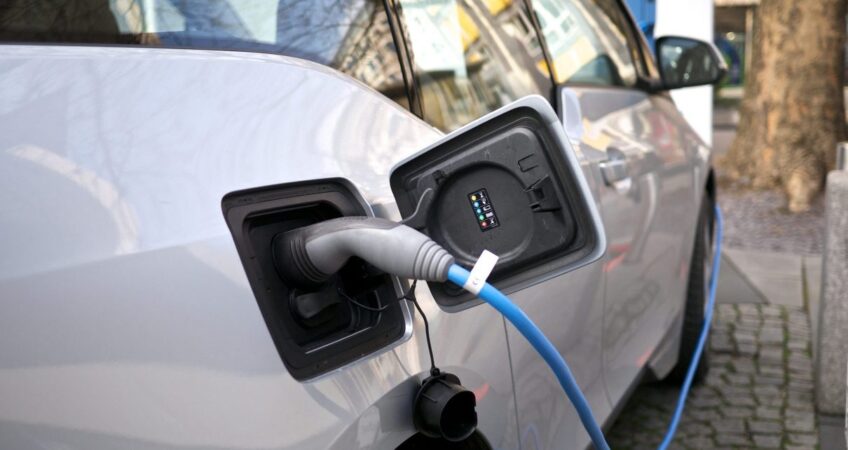Global policymakers are eyeing new taxes on electric vehicles, as the shift away from combustion engines threatens to create a $100 billion hole in government revenues through cuts in fuel taxes.
According to the Financial Times, the UK, New Zealand, Israel and most US states are among the jurisdictions introducing tax changes and levies on electric cars and hybrid vehicles designed to raise money and offset tax cuts on gasoline and diesel consumption.
The measures vary, from registration fees to mileage-based road user fees and taxes on public charging points. According to electric car owners and environmental activists, these measures will slow society's shift to low-emission alternatives.
The new tariffs come at a difficult time for electric vehicle adoption: While global sales are expected to reach new records this year, falling profit margins and slowing growth are causing automakers to “pump on the brakes” on their electrification plans.
“Many of these policies are politically unpopular. It is difficult to raise taxes, but they are necessary,” said Rachel Aland, transportation director at the American Council for an Energy Efficiency Economics, a think tank based in Washington, D.C., noting that fuel tax collections have declined. Due to the increased fuel efficiency of vehicles with internal combustion engines, however, the increasing penetration of electric vehicles on the road is putting additional pressure on an important source of government revenue.
By 2030, electric vehicles are expected to replace 6 million barrels per day of global oil consumption, according to the International Energy Agency (IEA), with demand in 2023 reaching 102 million barrels per day.
According to data from the International Energy Agency, the shift to electric vehicles displaced $10 billion in revenue from gasoline and diesel taxes globally last year — and the net loss is expected to rise to $110 billion by 2035 if countries meet their electrification targets. Which deprives governments of the vital funds they need. It is often allocated to pay for road maintenance and transportation improvements.
Europe, where countries tend to have higher taxes on gasoline and diesel than the US and China, accounted for 60% of global revenue losses last year – although countries have clawed back some funding in electricity taxes, the revenue is marginal compared to the loss in fuel. The international agency stressed taxes.
As an increasing number of governments set deadlines for phasing out combustion-engined cars, policymakers are being forced to consider unpopular tax reforms.

“Wannabe internet buff. Future teen idol. Hardcore zombie guru. Gamer. Avid creator. Entrepreneur. Bacon ninja.”

